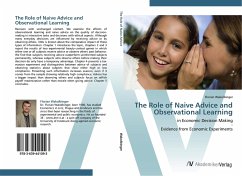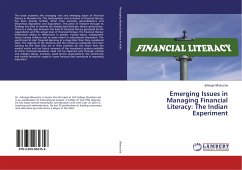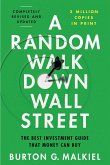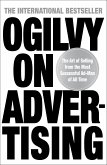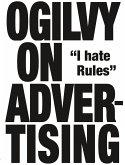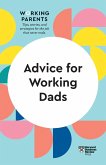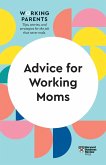Revision with unchanged content. We examine the effects of observational learning and naïve advice on the quality of decision-making in interactive tasks and decisions with ethical aspects. Although many everyday decisions are influenced by receiving advice or by observing others, little is known about the comparative impact of these types of information. Chapter 1 introduces the topic, chapters 2 and 3 report the results of two experimental beauty-contest games in which either one or all subjects receive advice or observe others' past behavior. We find that subjects receiving advice outperform uninformed subjects permanently, whereas subjects who observe others before making their decision do only have a temporary advantage. Chapter 4 presents a tax-evasion experiment and distinguishes between advice of subjects and observing statistics about subjects that show either high or low compliance. Presenting such information increases evasion, even if it comes from the sample showing relatively high compliance. Advice has a bigger impact than observing others and subjects focus on selfish payoff maximization rather than morale when giving advice. Chapter 5 concludes.

